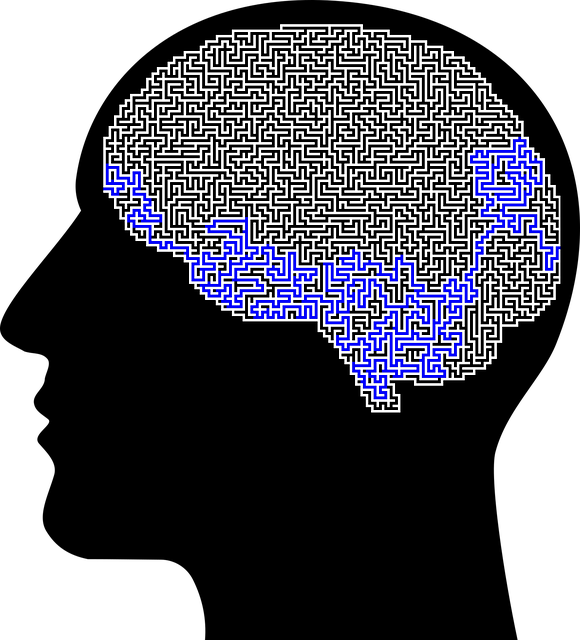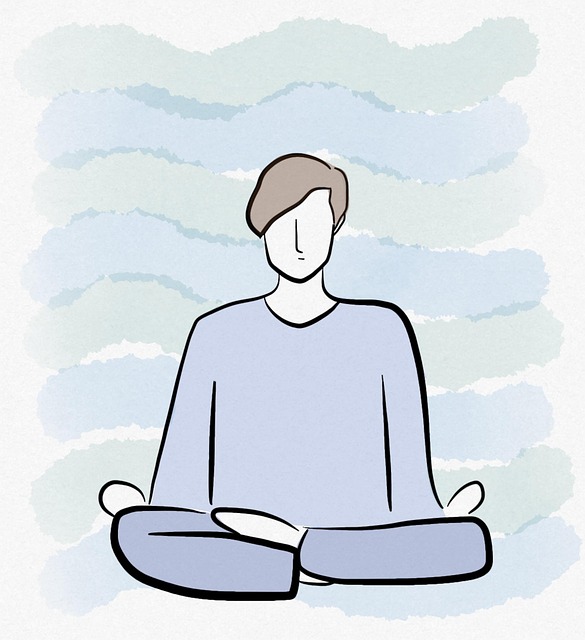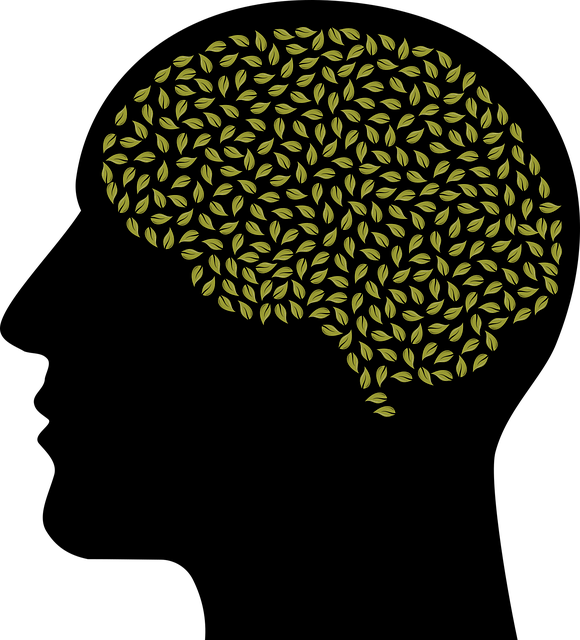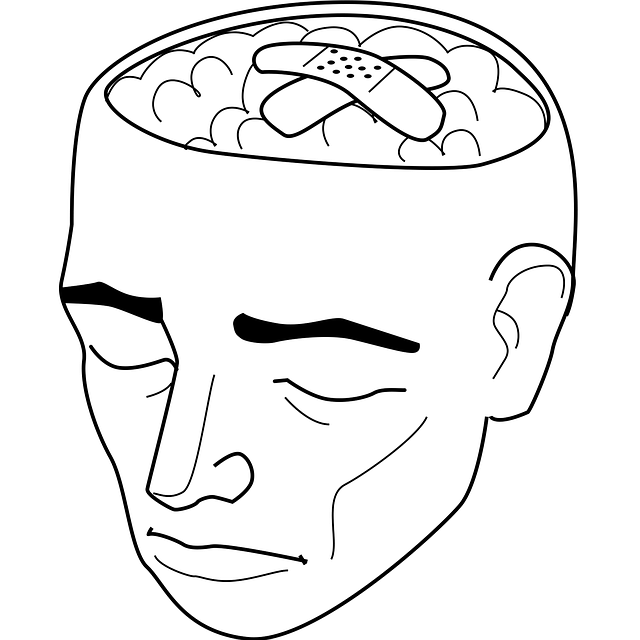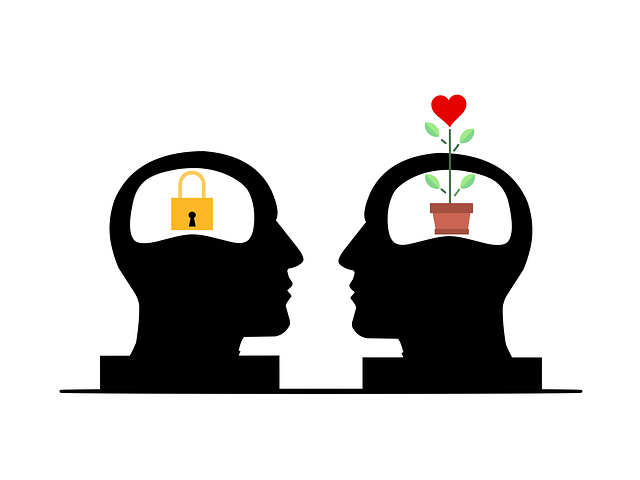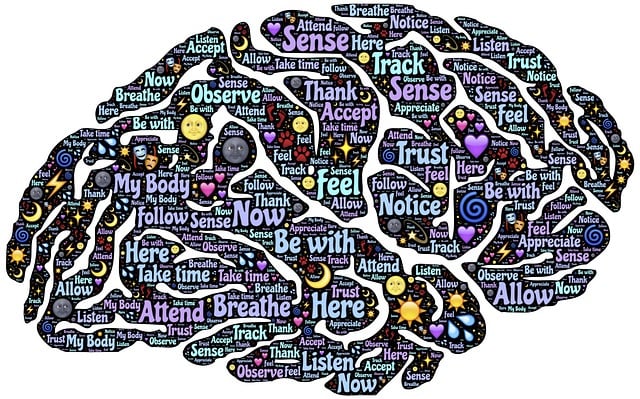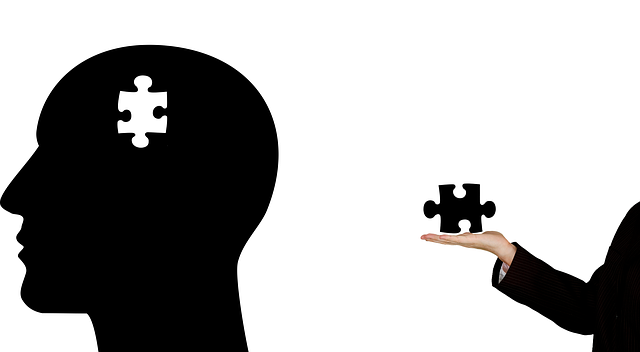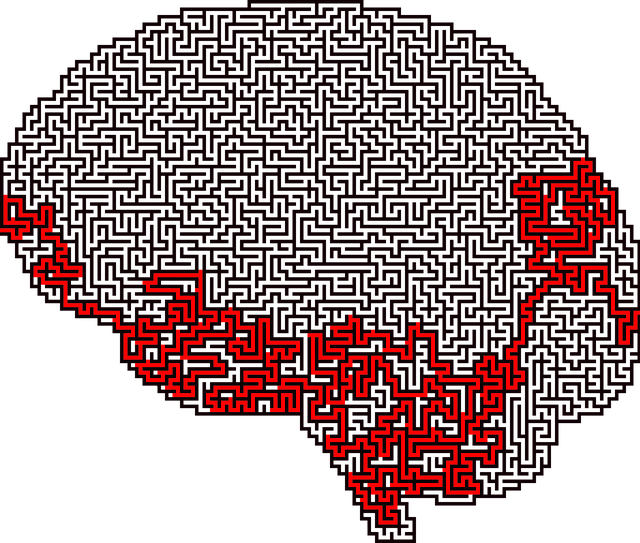In diverse Northglenn, understanding cultural differences is vital for effective mental healthcare. Northglenn Stress Management Therapy (NSMT) emphasizes culturally sensitive practices, integrating mindfulness and self-awareness exercises tailored to individual needs. By recognizing unique coping traditions and employing evidence-based techniques, NSMT builds trust, improves communication, and enhances care outcomes for all clients, regardless of background. Overcoming barriers involves training professionals through programs and educational resources, fostering a strong therapeutic alliance based on respect and genuine interest in clients' perspectives.
In today’s diverse society, cultural sensitivity is paramount in mental healthcare. The understanding and appreciation of cultural diversity significantly impact mental health outcomes. This article explores the essential role of cultural sensitivity in effective therapy, highlighting practices like Northglenn Stress Management Therapy, which offers culturally responsive approaches. We discuss overcoming barriers to provide diverse cultural care and offer tips for building a therapeutic alliance with clients from various backgrounds.
- Understanding Cultural Diversity and Its Impact on Mental Health
- The Role of Cultural Sensitivity in Effective Therapy
- Northglenn Stress Management Therapy: A Culturally Responsive Approach
- Overcoming Barriers: Challenges in Providing Diverse Cultural Care
- Building a Therapeutic Alliance: Tips for Mental Health Professionals
Understanding Cultural Diversity and Its Impact on Mental Health

In a diverse society like Northglenn, where individuals from various cultural backgrounds coexist, understanding and appreciating cultural diversity is paramount in mental healthcare. Cultural sensitivity involves recognizing and respecting the unique beliefs, values, and practices that shape an individual’s mental health experiences. Every community has its own ways of expressing and coping with stress, which can significantly influence emotional healing processes. For instance, what may be considered a healthy stress reduction method in one culture might be perceived differently or even be counterproductive in another. Mental health professionals in Northglenn must therefore integrate cultural competency into their practices to provide effective therapy.
By acknowledging these differences, therapists and counselors can tailor their approaches, ensuring that the risk assessment processes are culturally sensitive. This involves learning about different emotional healing traditions and incorporating evidence-based Stress Management Therapy techniques that resonate with clients from diverse backgrounds. Such an inclusive practice not only enhances the quality of care but also fosters trust between healthcare providers and those seeking support, ultimately improving outcomes for everyone, regardless of their cultural origin.
The Role of Cultural Sensitivity in Effective Therapy

In the diverse landscape of mental healthcare, cultural sensitivity is a cornerstone for effective therapy. It involves understanding and respecting the unique values, beliefs, and practices of individuals from different backgrounds, especially those who may be seeking help in communities like Northglenn Stress Management Therapy. By incorporating cultural awareness, therapists create an inclusive environment where clients feel seen and heard. This approach facilitates better communication, promotes trust, and enables a deeper exploration of issues, ultimately enhancing the therapeutic process.
Cultural sensitivity plays a pivotal role in addressing the specific needs of diverse populations. It encourages therapists to adapt their practices, offering tailored support for coping skills development and anxiety relief. By incorporating stress reduction methods that resonate with individual cultures, mental health professionals can provide more impactful care. This personalized approach not only respects cultural identities but also empowers clients to develop sustainable strategies for managing their well-being, fostering meaningful change in a supportive setting.
Northglenn Stress Management Therapy: A Culturally Responsive Approach

In the diverse landscape of mental healthcare, Northglenn Stress Management Therapy stands out as a culturally responsive approach that caters to a wide range of clients. This innovative therapy recognizes and respects the unique cultural backgrounds and experiences of individuals, ensuring that treatment is tailored to their specific needs. By incorporating mindfulness meditation and self-awareness exercises, therapists foster an environment where anxiety relief becomes more accessible. The Northglenn Stress Management Therapy model emphasizes understanding and embracing cultural differences, allowing for deeper connections between patients and caregivers, leading to more effective and holistic healing.
This therapy approach is designed to navigate the intricate web of stress and anxiety within a culturally sensitive framework. By integrating evidence-based techniques with cultural awareness, it offers a sanctuary where individuals can explore their mental health without fear of judgment or misunderstanding. With a focus on inclusivity and acceptance, Northglenn Stress Management Therapy paves the way for transformative experiences, empowering clients to manage stress and find solace through personalized practices that resonate with their cultural identities.
Overcoming Barriers: Challenges in Providing Diverse Cultural Care

Providing culturally sensitive care is an essential aspect of mental healthcare that often faces significant challenges in diverse communities. One of the primary barriers to offering effective treatment is navigating the vast array of cultural beliefs, values, and communication styles within different ethnic and racial groups. For instance, individuals from Northglenn’s diverse communities may have unique perspectives on mental wellness, influenced by their backgrounds and experiences. What works for one patient might not resonate with another, making it crucial for therapists to adapt their approaches.
Overcoming these challenges requires a deep understanding of cultural nuances and the willingness to learn and accommodate different practices. Mental wellness coaching programs and development initiatives can play a pivotal role in training healthcare professionals to recognize and appreciate these differences. Additionally, producing relevant mental wellness podcast series can help educate both professionals and the community about various cultural perspectives on mental illness, fostering better communication and reducing the stigma associated with seeking help, an important aspect of mental illness stigma reduction efforts.
Building a Therapeutic Alliance: Tips for Mental Health Professionals

Building a strong therapeutic alliance is a cornerstone of effective mental healthcare practice, especially when serving diverse communities in Northglenn Stress Management Therapy settings. Mental health professionals play a vital role in fostering an environment that welcomes and respects clients from various cultural backgrounds. This begins with active listening and a genuine interest in understanding the client’s unique perspective. By creating a safe space, where individuals feel heard and validated, therapists can build trust and encourage open communication.
To facilitate this process, professionals should incorporate culturally sensitive practices such as incorporating mindfulness meditation techniques to promote relaxation and emotional regulation. Encouraging clients to develop inner strength through personalized strategies can also strengthen the therapeutic bond. This may include teaching coping mechanisms, stress management skills, or providing resources for further support, ensuring that each individual’s needs are met in a way that resonates with their cultural identity.
In the diverse landscape of mental healthcare, cultural sensitivity is not just a consideration but an imperative. As highlighted by the case study of Northglenn Stress Management Therapy, a culturally responsive approach can significantly enhance therapeutic outcomes. By understanding and appreciating cultural diversity, mental health professionals can create inclusive environments that foster trust and promote healing. Overcoming barriers involves continuous education, self-awareness, and adaptability to diverse cultural needs. Building a strong therapeutic alliance, as discussed in this article, is key to ensuring effective care for all individuals, regardless of their cultural background.

